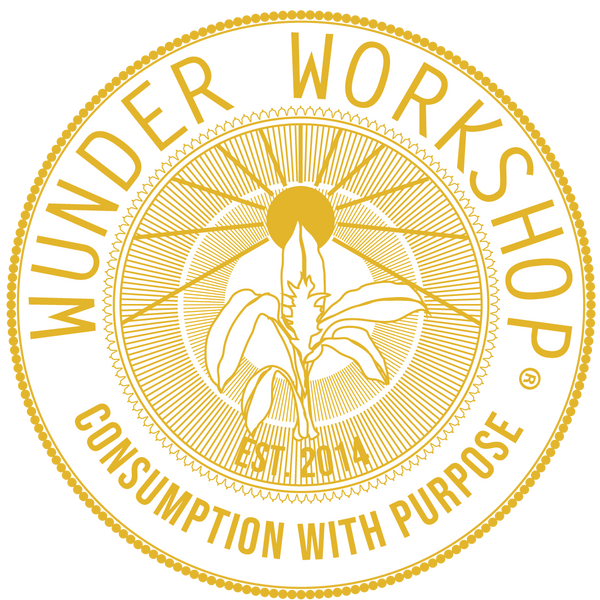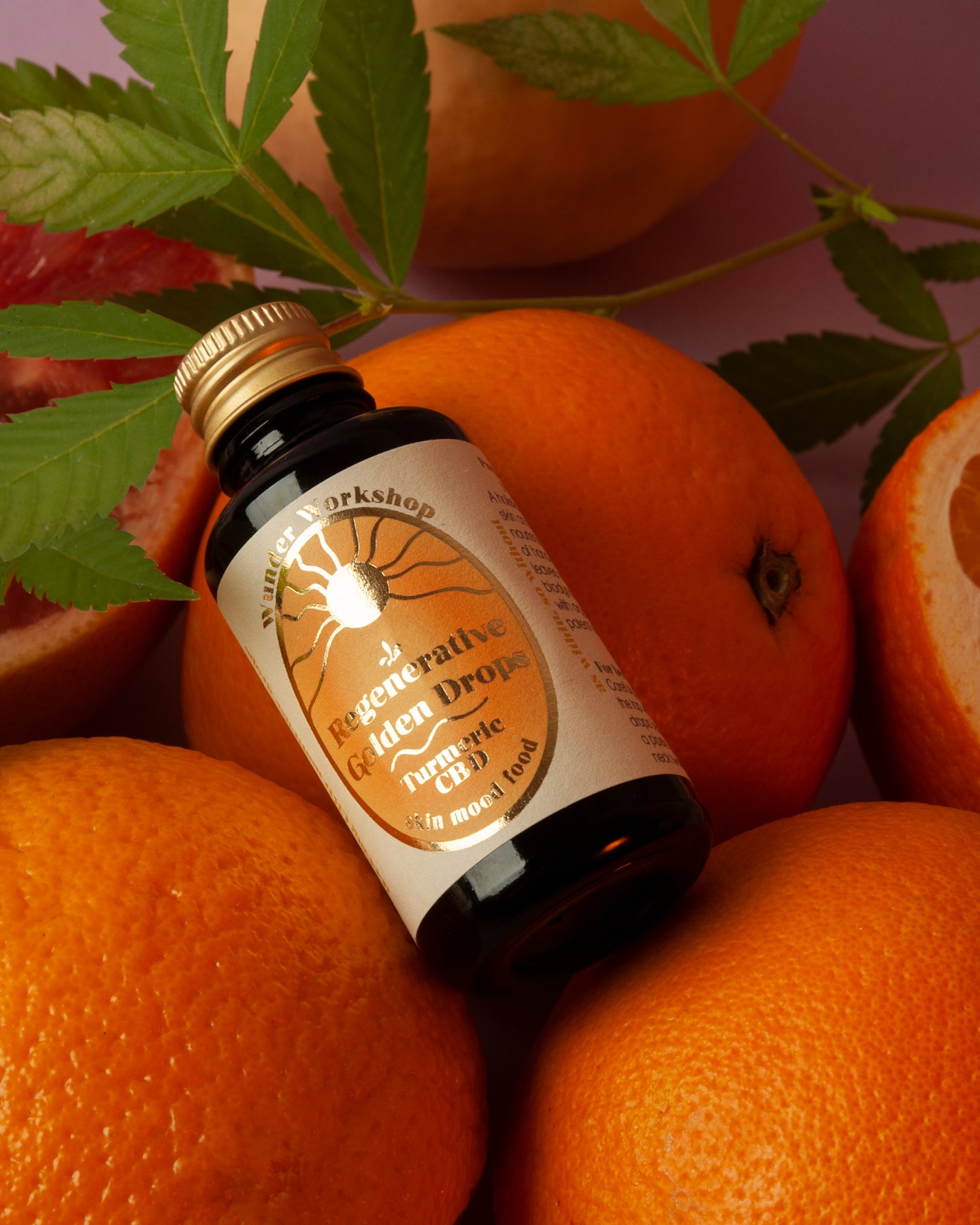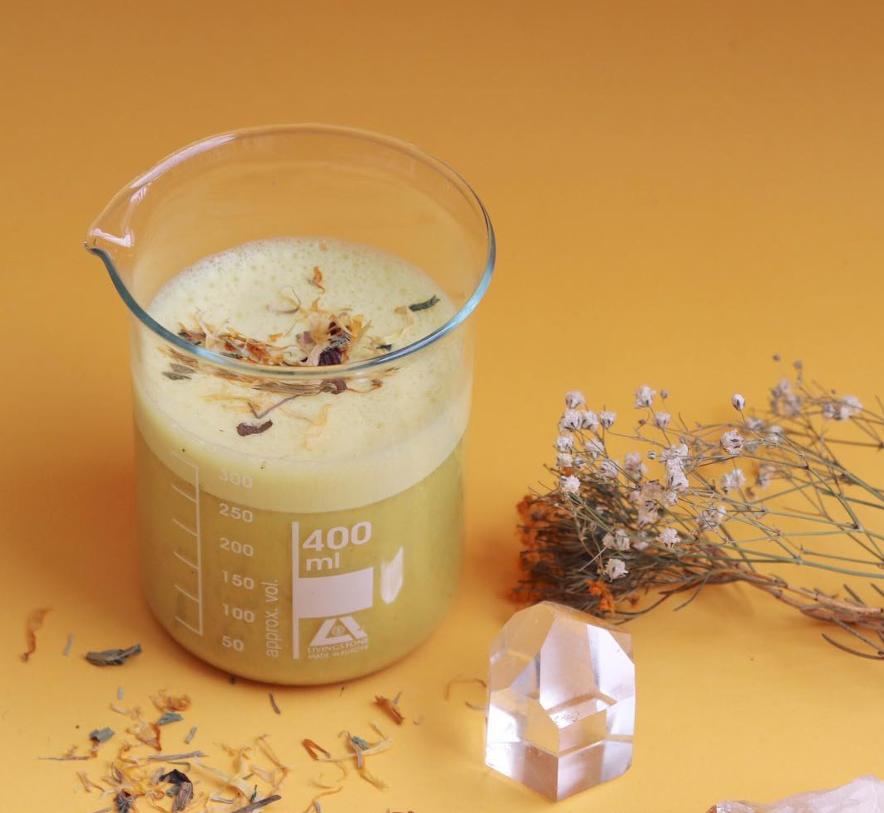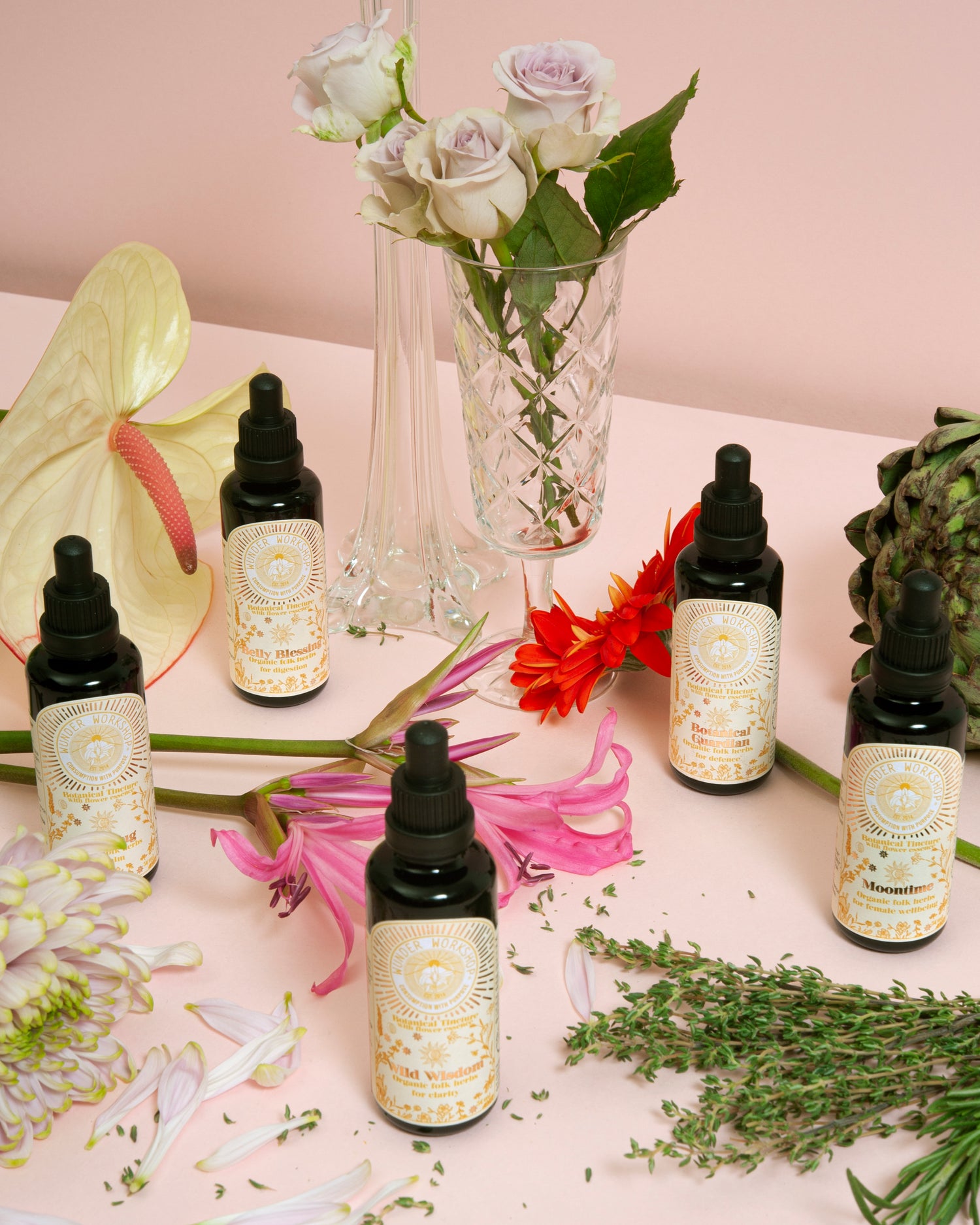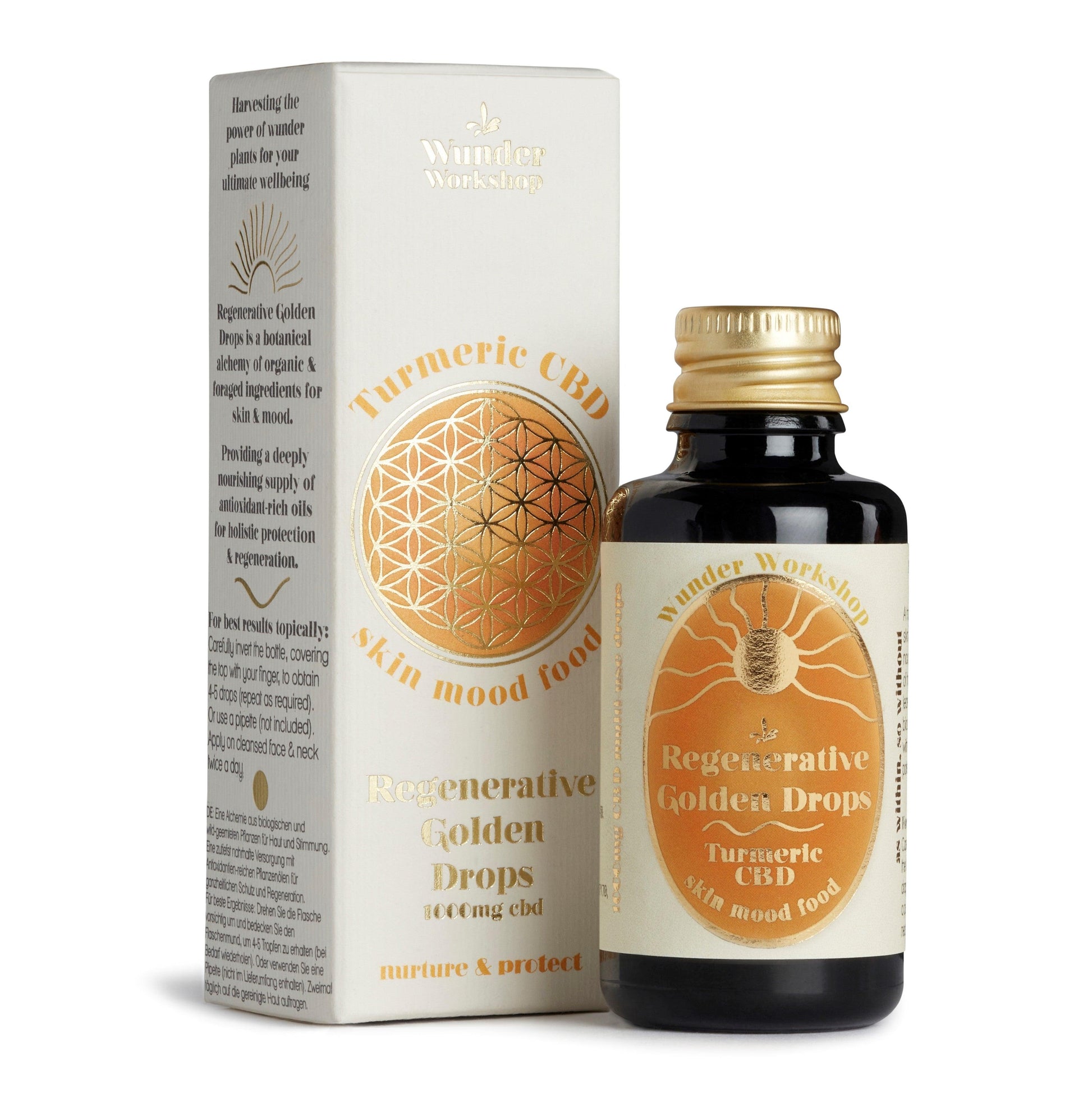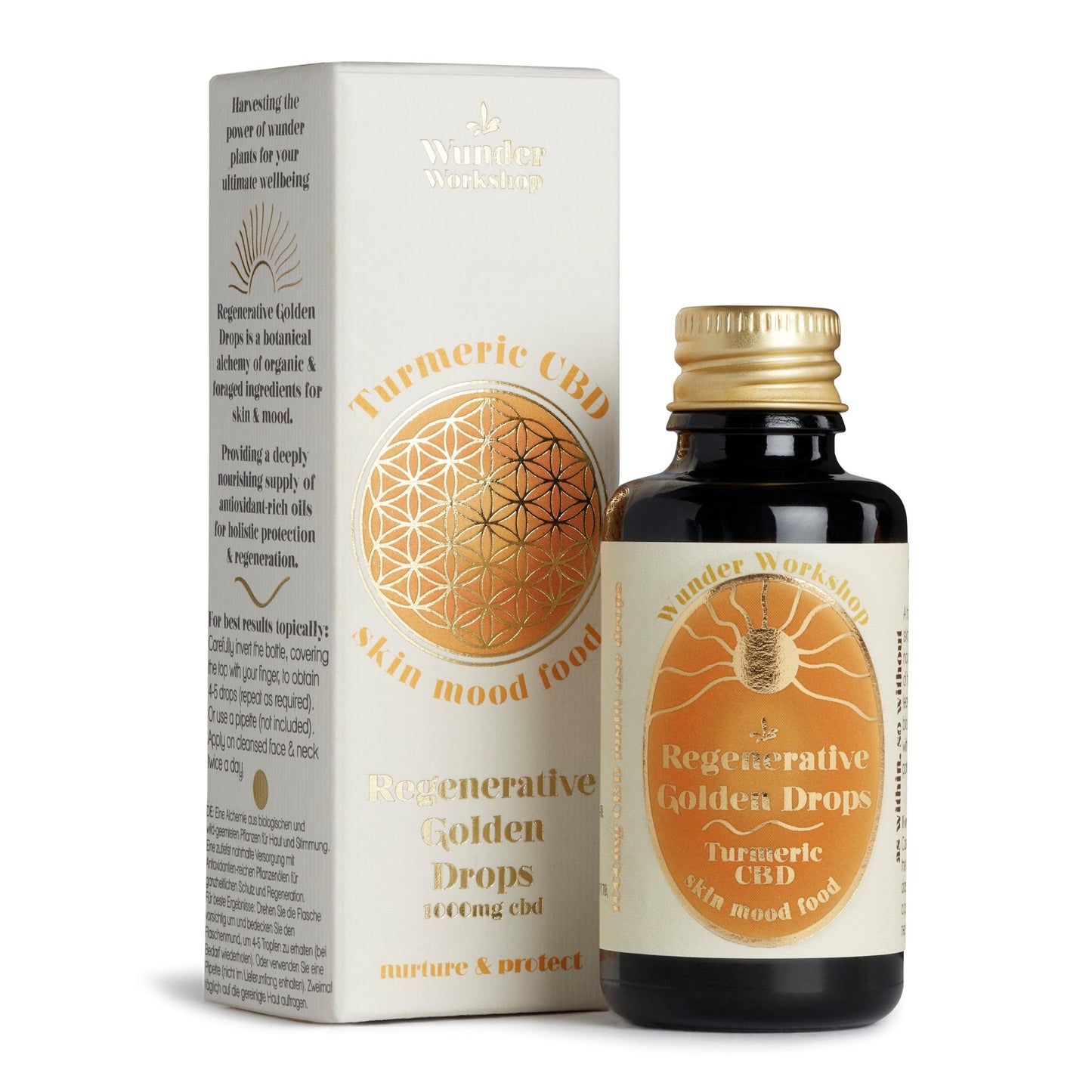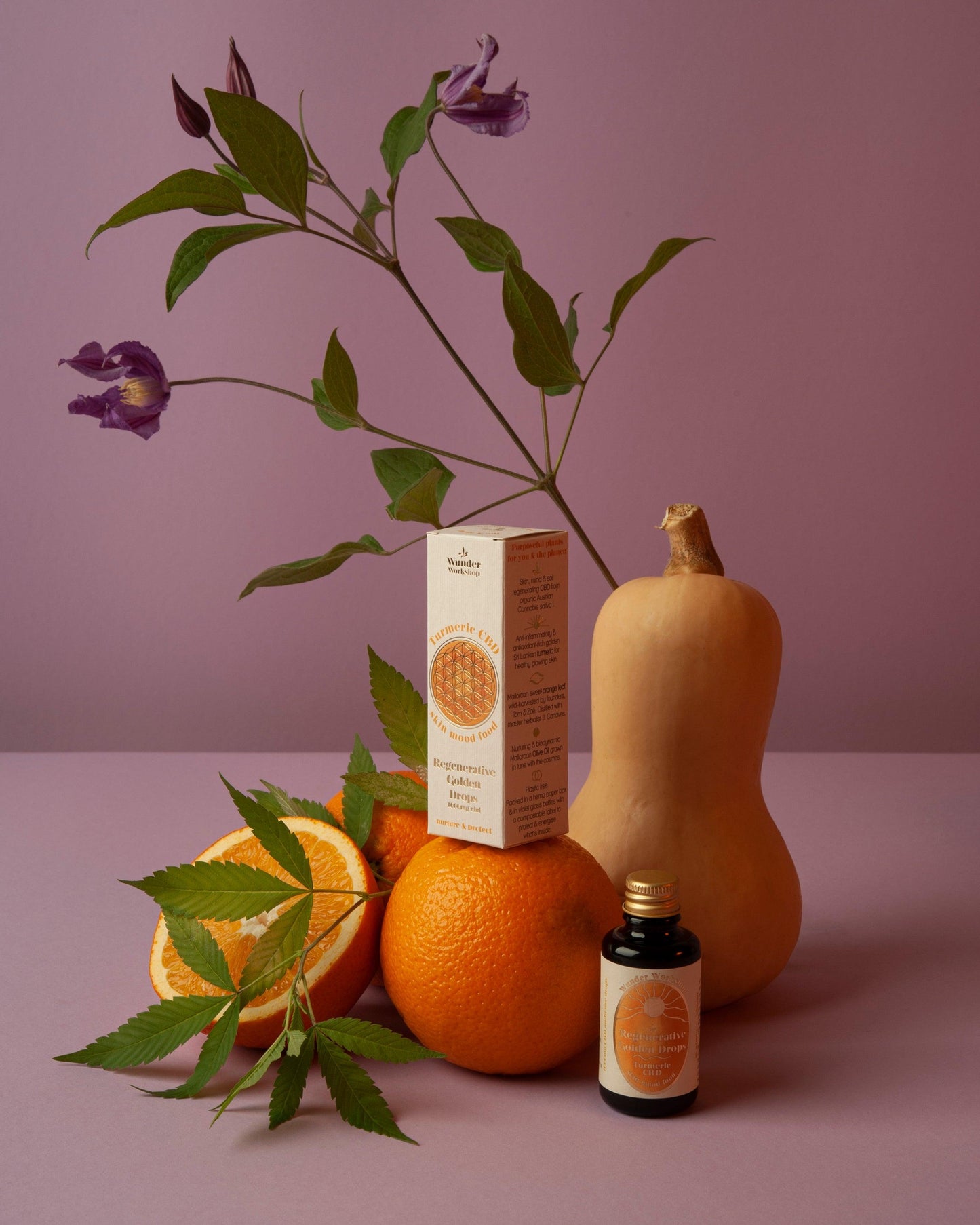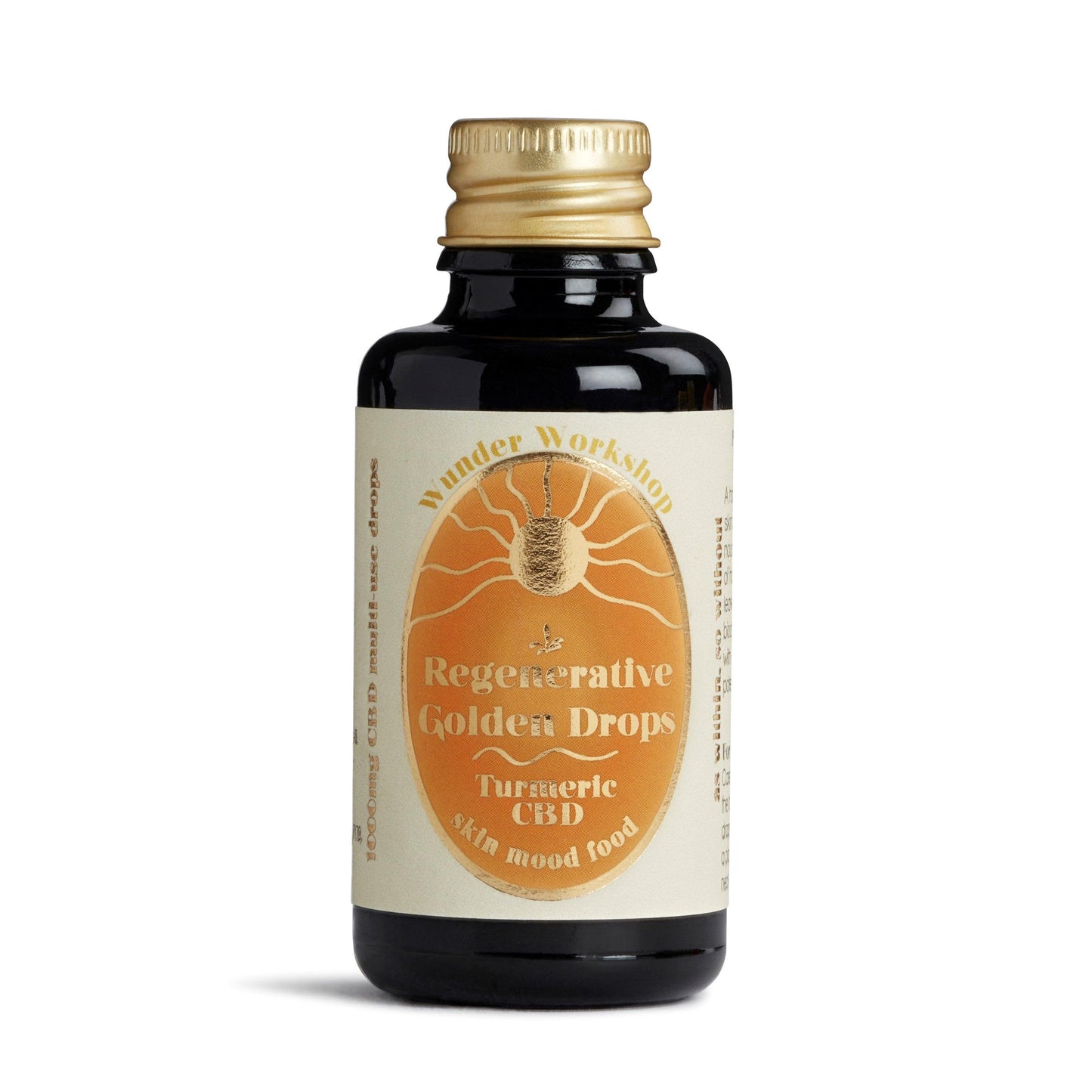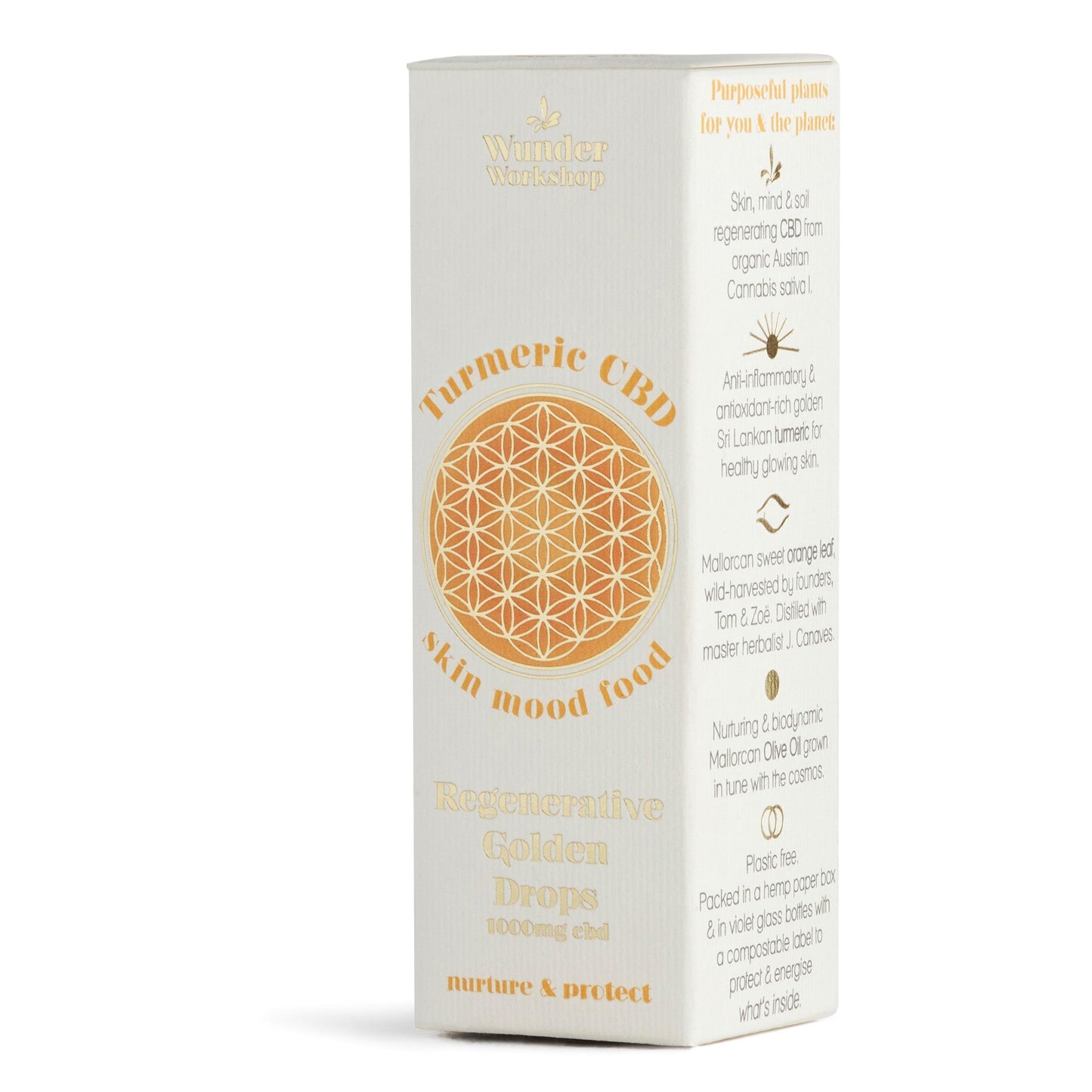We encountered Filippa long before we actually had the pleasure to meet her in Mallorca a couple of years ago. We have shared a connection over a love of herbs, nature, and folk wisdoms which always make it difficult to part ways when we meet. Filippa’s dedication and knowledge of health, in particular women’s health is inspiring and we wanted to share a little bit more with you. Here we discuss her life as a naturopath and get into detail about supporting pre-conception, pregnancy and postpartum naturally.
So, Filippa, when did this journey begin for you and could you share a bit about your educational background including the specific naturopathic training you underwent?
It sounds cliche, but it honestly feels as though everything in my past has brought me to do this work, in this way. But as we don’t have all day, I’ll say specifically, it was a juncture in my own health that was what made me commit to changing my life path and starting my studies. At this point in my life I had been working as a natural chef and food educator for the 5 years prior, I had my own vegan restaurant and worked a lot in the retreat space. Over the years I had encountered people struggling with a variety of illnesses and chronic diseases, many of whom were looking for answers outside of normative healthcare. And following conversations with these people, a hunger grew to really understand the body, dis-ease and how we can support it in finding balance once again, with natural interventions. And then it was my own encounter with illness, despite my dedication to a whole-foods diet that finally encouraged me to change paths and find a deeper, and educated understanding of being well. I undertook a 3-year study in Naturopathy and Nutritional Therapy, with an adjunct diploma course in the use of Herbal Medicine in women’s health.
How do you define naturopathy and its approach to fertility? What sets it apart from conventional methods?
Generally speaking, naturopathic care applies traditional, empirical, biomedical and scientific knowledge to optimise health and to prevent and treat disease. We take a truly whole-person approach, every consultation begins with a thorough health history review, where we look at everything from how you were born, the environment you grew up in, a full review of all your body systems, your sleep, your stress, toxin exposure and of course diet. In terms of its difference to conventional healthcare, my work with supporting preconception health is a perfect example. In conventional medicine, you will often be offered support after three miscarriages or after 12 months of trying to conceive without achieving pregnancy. The problem is being looked at backwards, trying to treat the consequences rather than its cause. As naturopathic practitioners, and specifically in my work with preconception care, the emphasis is to support you before you or your future child encounter problems, to do what we can to create an optimal environment for a healthy pregnancy and the best possible start in life for a potential new human.
Fertility is such an interesting but sometimes taboo topic, why is pre-fertility so important and how do you address the various factors that can affect fertility?
It is. It can also bring up a lot of fear, particularly for women. And perhaps there would be less fear if we were more empowered on how to support our fertility health, and if preconception health was more commonplace which would inevitably support a higher percentage of healthy pregnancies.
On the other hand, many of us feel that if we are in generally good health, then that’s preparation enough. However, once you grasp that through certain nutritional and lifestyle modifications, you can optimally influence the genetic programming of your future child, and reduce the potential and very real heartache of various pregnancy challenges, it’s no longer like a ‘nice-to-have’ but an absolute essential. We now understand that issues that are associated with fertility challenges are also associated with later events in life, such as cardiovascular disease and cancer, so in addressing them at this stage, we are also supporting individuals in their health later on in life, and of course reducing the risks of one’s future offspring developing illnesses like insulin resistance, autoimmunity, obesity and cardiovascular disease.
Preparing for conception is a notion that is backed by contemporary research, but it really is a historical practice that has lost favour - traditional cultures would commonly feed newlyweds a fertility diet for the first six months following marriage. Imagine! And on that note, this is a conversation that is absolutely about both male and female partners. In the last few years there has been some very exciting and critical research linking sperm quality to placental health, pregnancy complications like pre-eclampsia, gestational diabetes and congenital disorders in the foetus. And like egg health, sperm health is certainly something we can optimise and nourish.
A lot of the focus around fertility tends to be on women and we know your clinic mostly serves women, so can you tell us why your preconception programme is aimed at couples?
From where I stand, we cannot really have a conversation around preconception health without inviting the male partner to the table. In the 90-100 days preceding conception, both the sperm and oocyte are sensitive to the environment they are developing in, and it’s at this stage that the genetic makeup of the future child is being programmed. It’s epigenetics, right from the start of life. And at this point in life, we are our future child's entire environment. In reducing oxidative stress and with improving nutrient status, we can reduce the expression of genetic errors, so to speak, and improve not only ovum health, but sperm quantity, motility and morphology.
Creating life is really one of the most profound things we can do, it’s the creative force that is continuing human life and I can only hope that men are finding it empowering and exciting to know that their role in conception, pregnancy and the health of new generations is just as important as womens.
In your experience, what are some of the most common misconceptions people have about fertility?
Firstly, that we only need to start eating and living well once we get that positive pregnancy test - but when we do this, we miss out on positively influencing the 90-100 days of essential genetic programming that happened before the moment of conception.
Secondly, once pregnancy happens, that it is the womens body that governs the health of that pregnancy. Incorrect. Pregnancy complications like gestational diabetes, pre-eclampsia, placental complications and preterm labour are shown to be linked to poor preconception sperm health.
And thirdly, people often know they should reduce alcohol intake and stop smoking cigarettes whilst trying to conceive, but when it comes to preconception health, smoking of all substances needs to go. Marijuana intake in both male and females is linked to miscarriage, pregnancy complications and can have deleterious effects on the long-term health of the child.
What are some foods that are particularly important for our reproductive health? Does this differ for men and women?
The impact of positive dietary changes can be profound and we can improve our chances of health conception by 80% with diet alone. Some of my essentials are…
- Eggs - my protocol will often advise on 3 organic eggs daily - they are an incredible superfood, particularly the yolks, and are rich in choline, one of the essential preconception health nutrients. They are rich in preconception health benefits for both men and women.
- Berries - Antioxidants in ample amount is essential in pregnancy, we need them to help reduce oxidative stress and help support our bodies natural detoxification systems. These are fantastic for both men and women. Choose organic to make sure you aren’t topping yourself up with fresh pesticides in the meantime.
- Liver - if there were one animal-food I would encourage women to consume in pregnancy, this would be it. Liver is almost the perfect prenatal supplement in food-form, and better than synthetic supplements it provides all these nutrients in a form that is easily assimilated.
- Brazil Nuts - Another food as medicine, with a dose of 2-3 nuts a day providing perfect amounts of selenium and zinc to support optimal preconception health. Once again, organic is key here. (a principle to be embraced across your food intake at this critical moment of creating life).
- Turmeric -Turmeric, rich in antioxidants and anti-inflammatory action, has been shown to have a positive impact on a wide-range of male fertility parameters and an overall improvement on sperm health.
How did you prepare nutritionally for the conception of your own beautiful girl?
My preparation for conception started pretty early on, about 18 months prior to starting trying to conceive and it aligned with supporting my body in healing from the health issues I mentioned earlier. Under the guidance of my own wonderful naturopathic practitioner, the work involved reducing inflammation, correcting nutritional deficiencies, restoring hormonal balance and supporting my nervous system health. My personal journey meant I had to make a pretty significant lifestyle change - I started to eat animal foods once again after 12 years of vegetarianism/veganism. This was a difficult and humbling moment in time for me, as my identity and career was so tightly woven with my diet. I started by introducing liver and eggs, and then oily fish, bone broth and later meat. These continued to be staple medicines in my dietary apothecary during pregnancy and continue to be nearing 2 years postpartum. I also worked with an acupuncturist, a talk therapist, changed my exercise routine from intense to soft and slow and integrated a daily meditation and breathwork practice. I learnt a lot from my own experience, and it’s wonderful to now have a deeper sense of understanding the importance and action of the various things I did. I supported my husband in a male specific protocol about 4 months prior, and with what I know now about the role of sperm, I would start earlier next time!
Negotiating herbs is tricky during pregnancy, the internet can be a conflicting source. Are there any herbs that you would specifically recommend avoiding?
Absolutely, it is tricky. Understandable ethical considerations surrounding experimentation on pregnant women limits the availability of adequate research literature on the topic and generally we just don’t have enough information to support, or to refute the safety of many herbs in pregnancy.
So, with pregnancy it is easier to focus on what we can include in our herbal remedies, as the list of what to avoid is long. Those known to be safe are: chamomile, ginger, echinacea, red raspberry leaf, rosehip, lavender, and ashwagandha. There are other herbs that can be called upon to support particular pregnancy ailments, but these are reserved for specific, and short-term use under the guidance of your naturopath or other healthcare provider.
How do you bring your own experiences into your naturopathy and nutritional therapy practice?
Specifically, following pregnancy and birth I was instilled with this even greater sense of awe and wonder for women and our bodies. I look at the women around me, those walking down the street and those that sit in front of me in my clinic and all I see are superheroes.
Generally in my work as a naturopathic practitioner, I see an important role for ‘compassionate objectivity’. My love for research and studying the body helps with objectivity and I can hope that my own colourful life experience supports compassion, and understanding. I really love that this work gives me the opportunity to let women (and men) be heard - there is such richness in the stories we have to tell.
To learn more about Filippa or to book a 1:1 consultation, click here.
